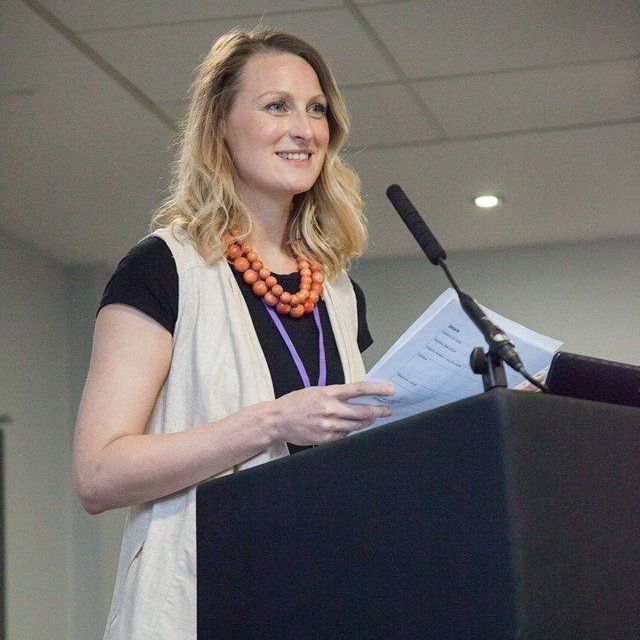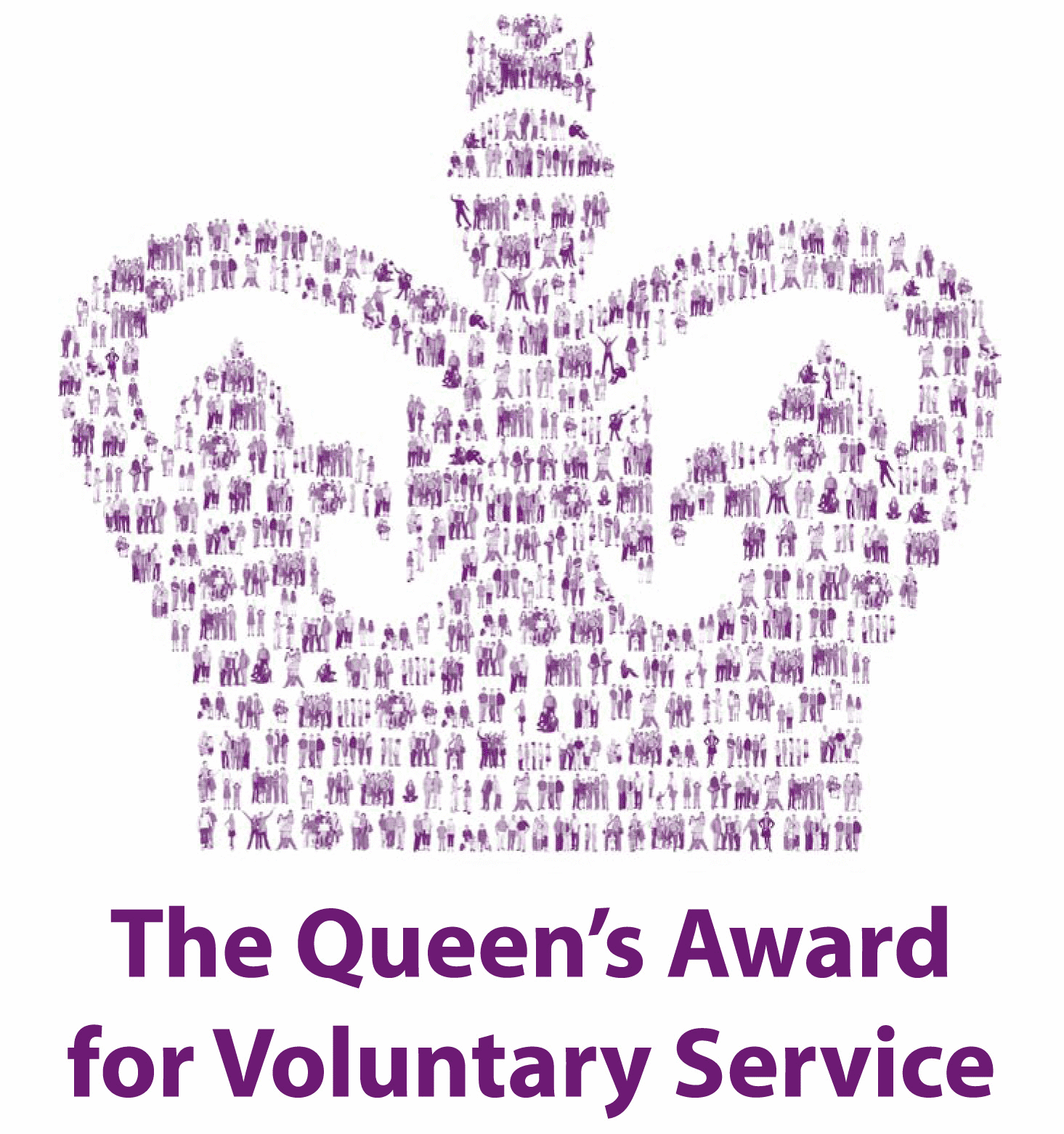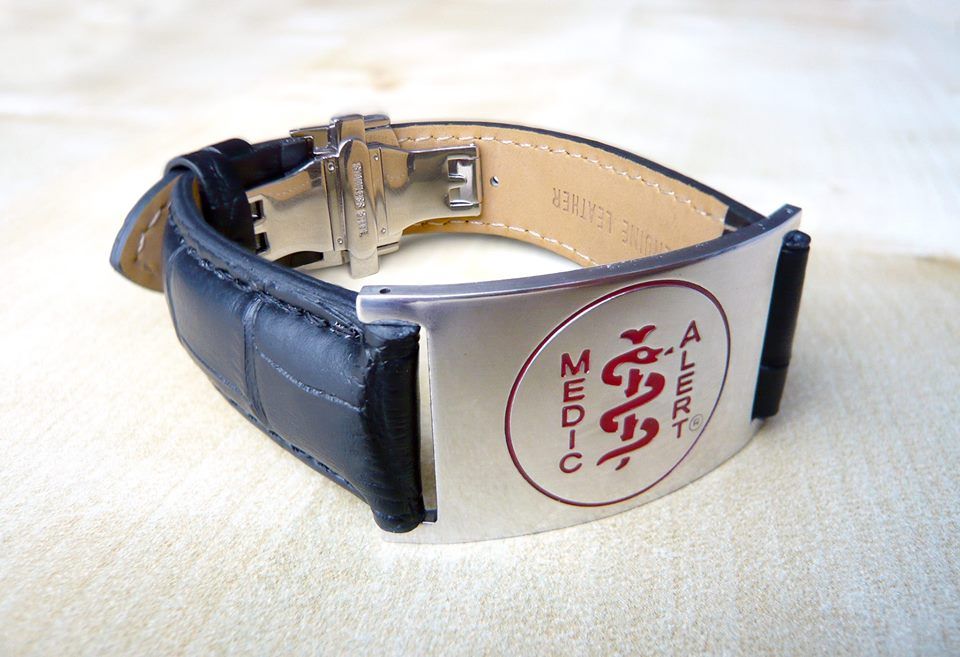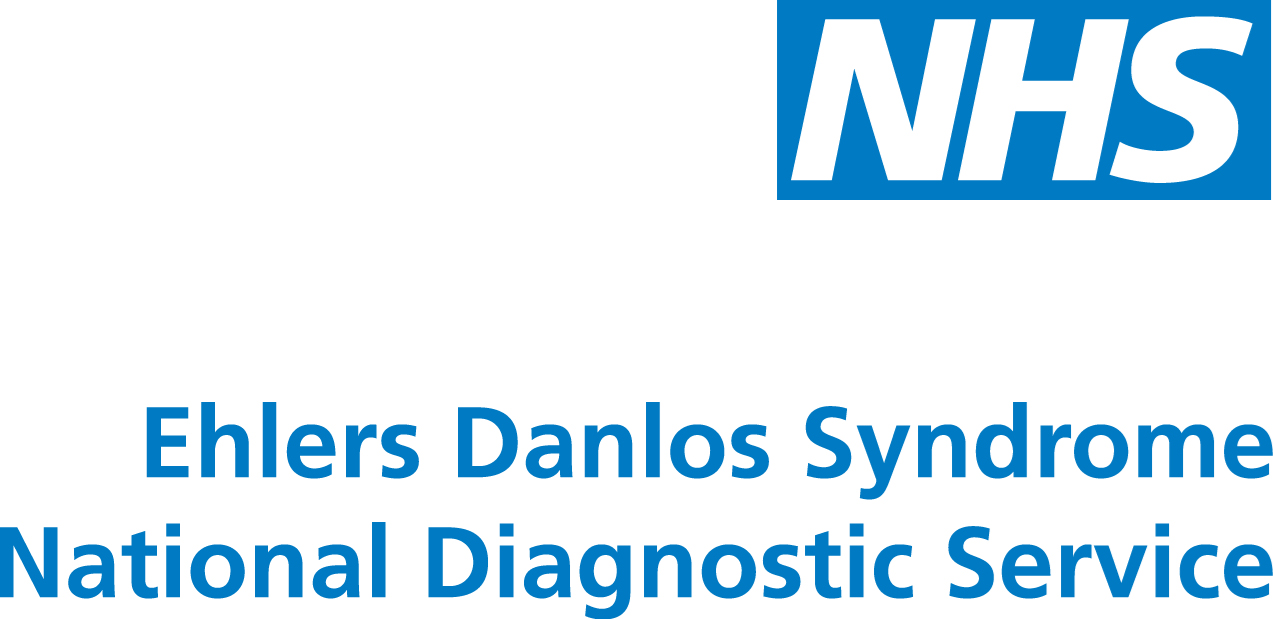Helping families talk about vEDS
Evaluating an intervention to support family communication in vascular EDS


Lead Researcher
Meet Claire,
Claire is a Genetic Counsellor in the EDS National Diagnostic Service in Sheffield with over ten years’ experience of supporting families affected by vascular EDS (vEDS). Alongside therapist and academics at Sheffield Hallam University, Claire had adapted a tool called the ‘Tree of Life’ (Tol) to support parents to talk more openly with their children about vEDS. Parents with children aged 5-15 who are members of Annabelle’s challenge are invited to take part in a project that evaluates this tool.
The idea of the tree of life (ToL) is to use a form of ‘storytelling’ which can build confidence and self-esteem. It focuses on people’s resilience enabling them to better cope with their condition/risk of condition. A recent study in a separate genetic condition found, that participants who attended a ‘ToL’ group found it easier to talk with family and friends following the session. Claire now wants to understand if the ‘ToL’ group can help families talk more openly about vEDS.
Claire is looking to recruit about 12 parents with children aged 5-15 to take part in an online ToL group and reflect on their experiences. (Single parents can also participate along with a supporting companion).
Study Details
This research study is looking at ways to help people affected by vascular Ehlers Danlos Syndrome (vEDS) to talk about the condition in their family. It is run by Claire Green – Genetic Counsellor, through Sheffield Hallam University. Claire has identified a tool called the Tree of Life (ToL). The aim of the study is to evaluate the ‘ToL’ to see if it can be helpful to support communication in vEDS families.
The idea of the tree of life (ToL) is to use a form of ‘storytelling’ which can build confidence and self-esteem. It focuses on people’s resilience enabling them to better cope with their condition/risk of condition. The ToL project’s objectives are to provide an opportunity for families affected by vEDS to:
- Develop positive views of themselves to increase self-esteem
- Position and confirm themselves as experts in their condition
- Change their relationship with vEDS so it impacts less negatively on their lives
- Feel comfortable sharing experiences and the effects of vEDS with peers and family
Families sometimes feel that problems related to a genetic condition like vEDS can become central to their lives and identities. An emphasis on people's strengths, wishes, and ways of resisting the effects of a problem may help families adapt to living with a genetic condition or its risk and improve open family communication.
Participants who took part in in a ‘ToL’ study for another genetic condition found it easier to talk with family and friends after taking part in the group. This study will see if the ‘ToL’ group can help families talk more openly about vEDS.
If you would like to be involved in the study, then please send your contact details using the form below. If you are not a member of Annabelle's Challenge or a patient of the EDS National Diagnostic Service you will need to provide a copy of your molecular diagnosis.








